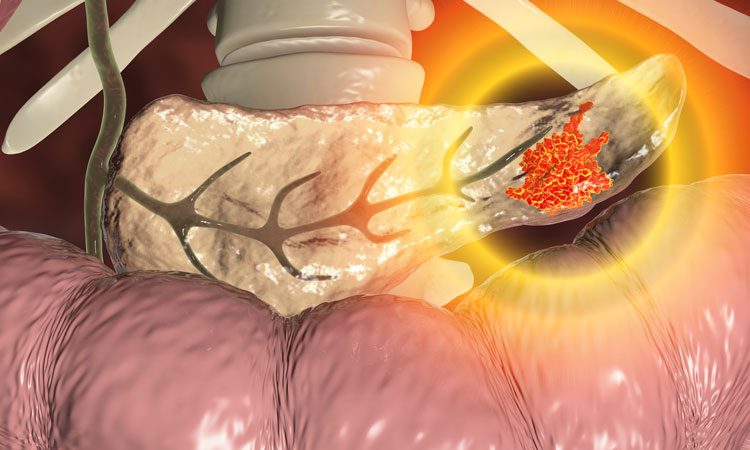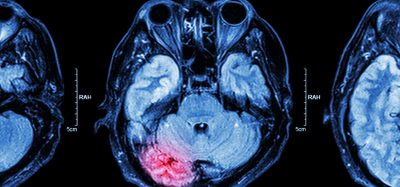Direct link between hyperinsulinemia and pancreatic cancer found
Posted: 31 October 2023 | Drug Target Review | No comments yet
Excessive insulin levels in people with obesity and type 2 diabetes overstimulates pancreatic cells, initiating disease.


Researchers from the University of British Columbia’s Faculty of Medicine have provided the first detailed explanation of why people with obesity and type 2 diabetes are at an increased risk of pancreatic cancer. The findings show that pancreatic acinar cells, which produce digestive juices, are overstimulated by excessive insulin levels. This overstimulation leads to inflammation that converts these cells into precancerous cells.
Co-senior author and Professor in the Department of Cellular and Physiological Sciences Dr James Johnson said: “Alongside the rapid increase in both obesity and type 2 diabetes, we’re seeing an alarming rise in pancreatic cancer rates.” Dr Johnson is also Interim Director of the Life Sciences Institute at UBC. He continued: “These findings help us understand how this is happening and highlights the importance of keeping insulin levels within a healthy range, which can be accomplished with diet, exercise and in some cases medications.”
The study focused on the most prevalent pancreatic cancer, pancreatic ductal adenocarcinoma (PDAC). It is a highly aggressive cancer with a five-year survival rate of below 10 percent. Furthermore, pancreatic cancer incidences are rising. By 2030, PDAC is expected to become the second leading cause of cancer-related deaths.
Obesity and type 2 diabetes had previously been established as risk factors for pancreatic cancer, but the exact mechanisms by which this occurred were unknown. However, the new study reveals the role of insulin and its receptors in this process.
First author of the study Dr Anni Zhang explained: “We found that hyperinsulinemia directly contributes to pancreatic cancer initiation through insulin receptors in acinar cells.” She continued: “The mechanism involves increased production of digestive enzymes, leading to heightened pancreatic inflammation.”
Although insulin is known for its role in regulating blood sugar levels, the research underlines its importance in pancreatic acinar cells. The findings demonstrate that insulin supports the physiological function of these cells in producing digestive enzymes that break down fat-rich foods, but at high levels, its increased action can inadvertently foster pancreatic inflammation and the development of precancerous cells.
This discovery could result in new cancer-prevention strategies and even therapeutic approaches that target insulin receptors in acinar cells.
Co-senior author Dr Janel Kopp, Assistant Professor in the Department of Cellular and Physiological Sciences at UBC said: “We hope this work will change clinical practice and help advance lifestyle interventions that can lower the risk of pancreatic cancer in the general population.” She added: “This research could also pave the way for targeted therapies that modulate insulin receptors to prevent or slow the progression of pancreatic cancer.”
The team, collaborating with researchers at BC Cancer and the Pancreas Centre BC, began a clinical trial to help patients diagnosed with PDAC control their blood sugar and circulating insulin levels with the help of an endocrinologist. The findings could have implications for other cancers involved with obesity and type 2 diabetes, where elevated insulin levels may also play a contributing role in initiating disease.
“Colleagues in Toronto have shown similar connections between insulin and breast cancer,” noted Dr Johnson. “In the future, we hope to determine whether and how excess insulin might contribute to other types of obesity and diabetes-driven cancers.”
This study was published in Cell Metabolism.
Related topics
Drug Targets
Related conditions
Obesity, Type-2 diabetes
Related organisations
BC Cancer, Pancreas Centre BC, University of British Columbia Faculty of Medicine








